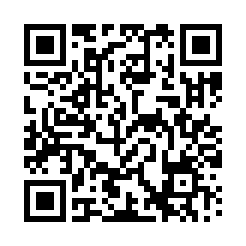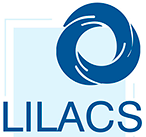Burnout Syndrome effect on medical teachers
DOI:
https://doi.org/10.19136/hs.a24n2.6005Abstract
Objective: To determine the presence and characterize the dimensions of Burnout Syndrome in faculty members who train medical students at the Faculty of Medicine, Xalapa campus of the University, considering both their clinical and teaching professional activities.
Materials and methods: A quantitative cross-sectional study was carried out, with an exploratory approach and non-experimental design, in a sample of 30 teachers selected through non-probabilistic sampling. The Maslach Burnout Inventory (MBI) was applied, which evaluates three dimensions: emotional exhaustion, depersonalization, and personal fulfillment, with adequate reliability (Cronbach's α: 0.86, 0.72, and 0.76, respectively). The data were analyzed with descriptive statistics and factor analysis by RStudio, with satisfactory results in the Bartlett test (Chi-square = 3416.987, p < 0.05) and the KMO index (0.73). For the sample, the calculation of the sample size for finite populations with 30 teachers was applied.
Results: 60% percent showed low levels of emotional exhaustion, and 70% showed low levels of depersonalization. However, 56.7% exhibited high levels of personal accomplishment. Factor analysis identified two main factors: one associated with exhaustion and work-related stress, and another with positive aspects such as empathy and relationship management. According to the MBI, the overall level of Burnout was not severe, but emotional exhaustion and depersonalization were present in 23.3% and 30% of participants, respectively figures that raise concern, especially since these individuals also reported high levels of personal accomplishment.
Conclusions: Although most participants showed low levels of exhaustion and depersonalization, the relevance of the syndrome highlights the need for preventive strategies to improve occupational health and faculty well-being. High personal accomplishment may serve as a protective factor but does not eliminate the risk of professional burnout.
Keywords: Burnout Syndrome; Emotional exhaustion; Depersonalization.
Downloads
Downloads
Published
Issue
Section
License
Copyright (c) 2025 Horizonte Sanitario

This work is licensed under a Creative Commons Attribution-NonCommercial-ShareAlike 4.0 International License.


































